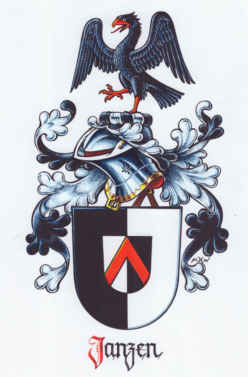Over the next decades, integration of migrants and refugees and their descendants will be one of the biggest challenges to open western societies and economies.
“Wir schaffen das!” was Angela Merkel’s motto to embrace a welcome culture in Germany. Other countries have not been so welcoming but are still facing the same or similar challenges.
I am not sure how other countries tackle the issue of integration of immigrants and refugees but I am quite certain that what is being done in Germany is not enough.
I personally live in an area with a high proportion of migrant population and what I observe in day to day life is a situation of parallel cultures that do not mix very much, if at all. Sure, the local press and politicians advocate and promote cross-cultural initiative, events and public exchanges but under that surface, things are being kept quite separate. Neither side seems to really want to mix or blend in any serious form.
Under the surface, you can regularly hear even hostile comments about “the other side”. Both sides want their children to mate within their cultural sphere. It happens surprisingly often that migrants, particularly female migrants, do not speak the local language at all or can barely get by in the shops.
Of course, my comments are anecdotal and I have not hard scientific proof for what I am observing every day but it still worries me. I feel a hidden hostility on either side and it worries me to see that hardening and evolving.
I am convinced that such developments are going to be one of the biggest challenges for our society a few years down the road. Things are still reasonably peaceful now but if times get harder and the political climate should change for the worse, as seems to be slowly but continuously happening, I thing there may be trouble ahead.
I am also convinced that this does not have to be the case and I see many encouraging initiatives on the level of civil society that counteract such tendencies. Informal language tuition, sporting initiatives and other, mostly privately organised and informal initiatives move on from the superficial welcome culture and dive deeper into the practical challenges of integration. Only be increasing interaction and exchange can we overcome the divide of the cultures and the deepening of trenches.
Here are my favourite current examples of local on the ground initiatives:
Please do share best practice examples of initiatives case studies of good integration.
